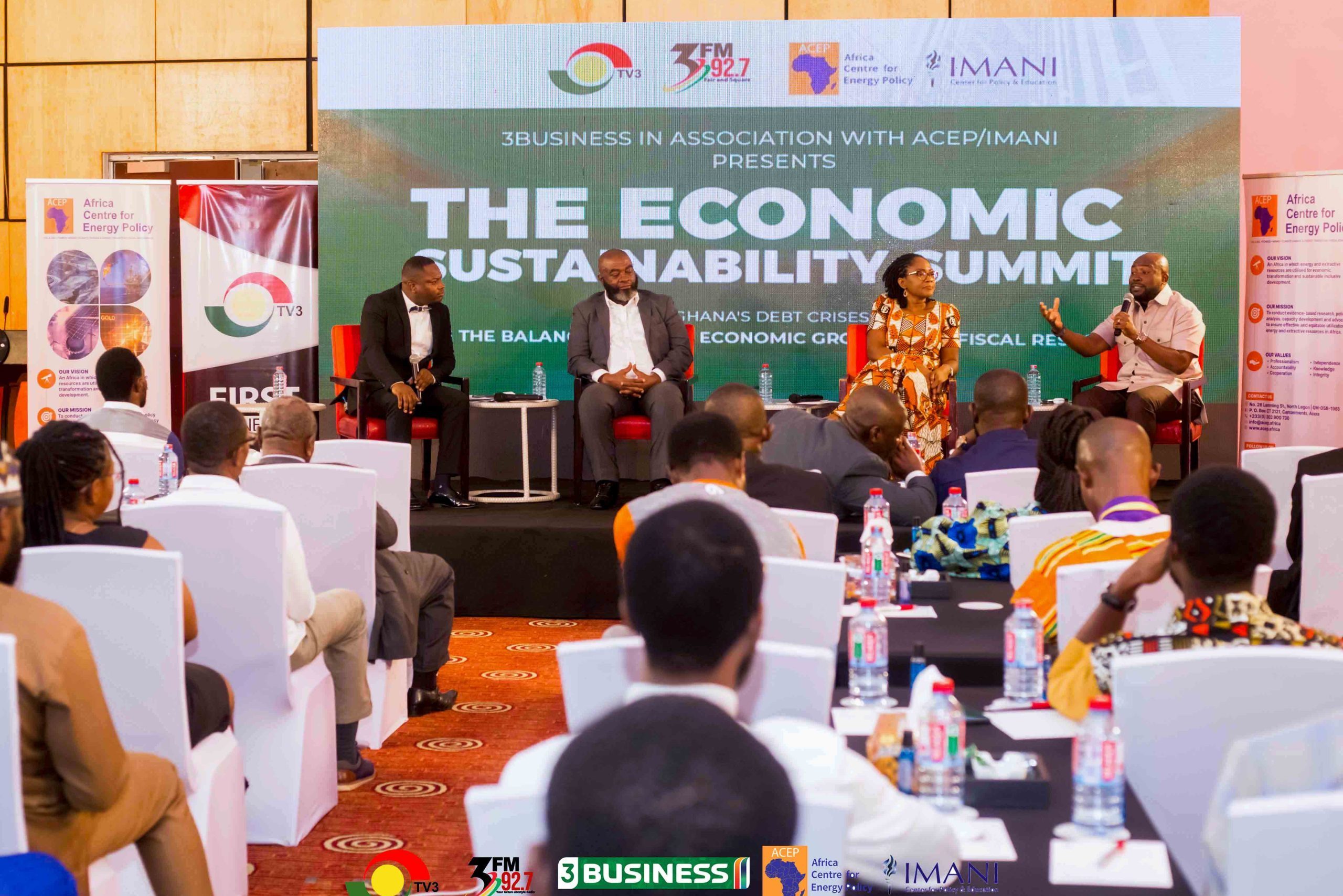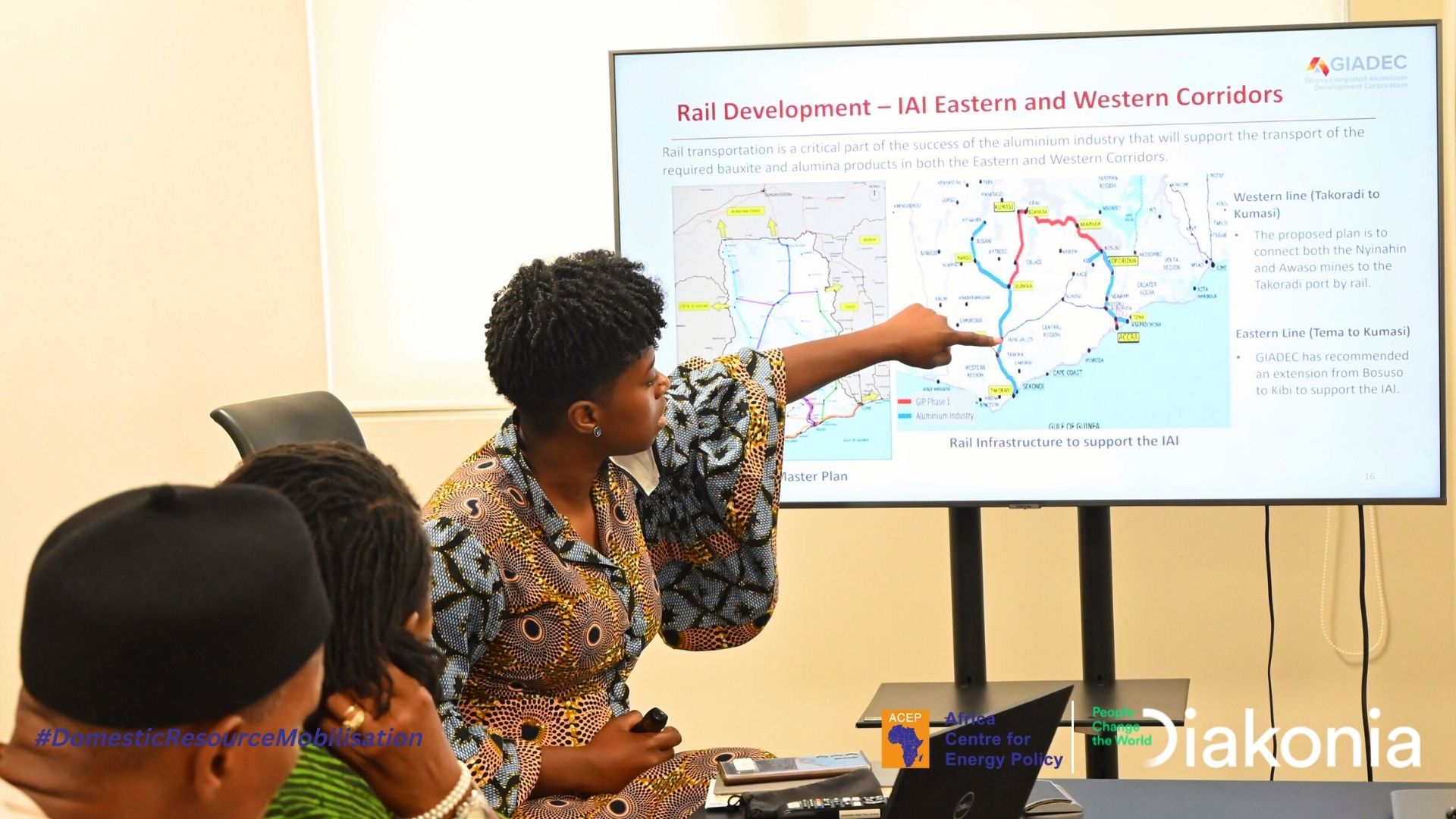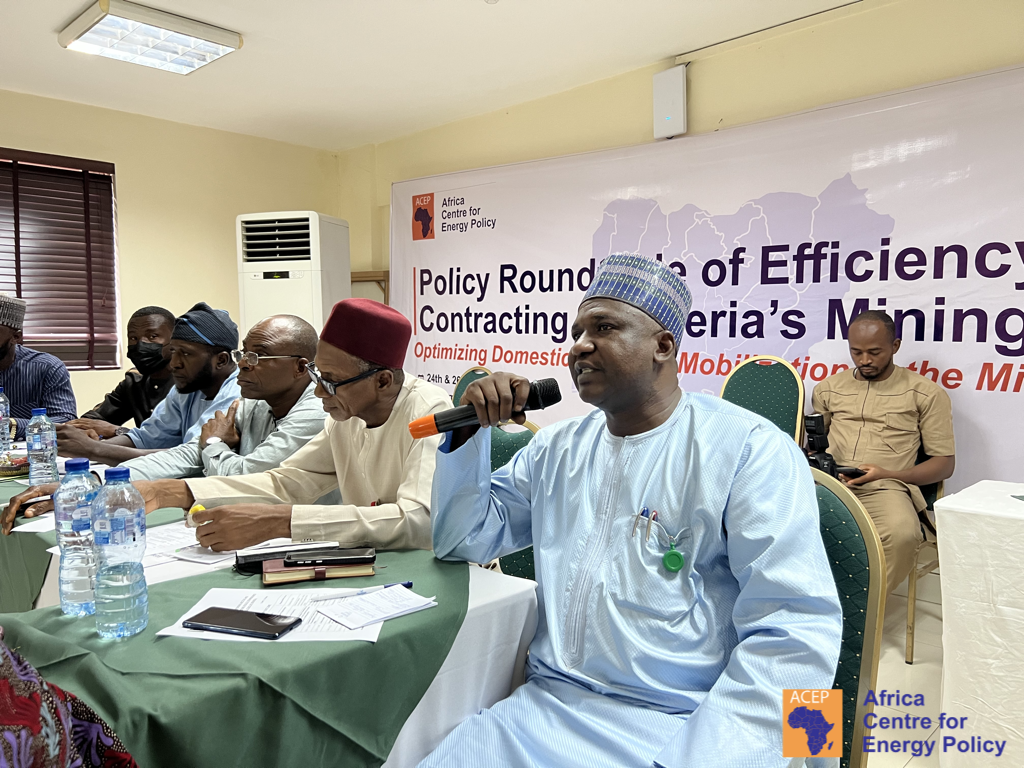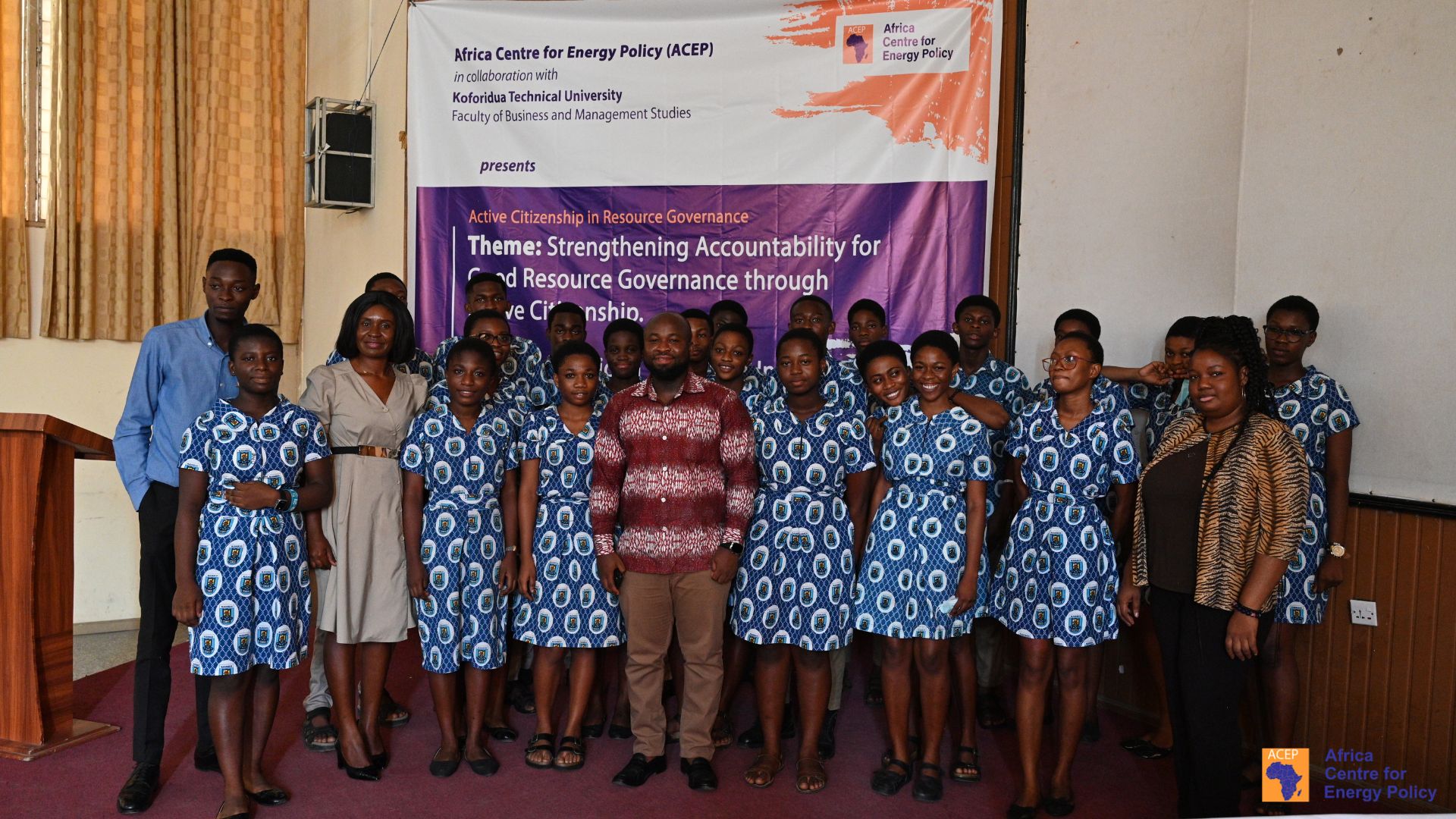More Than Oil Alone
The discovery of oil and natural gas fields in 2007 gave a strong boost to the Ghanaian economy, which in a few years has established itself as one of the most dynamic in West Africa. Oil and gas exploitation has gradually reduced vulnerability to fluctuations in oil prices, decreased the country’s dependence on very expensive energy imports, guaranteed a stable energy source, expanded access to electricity and reduced poverty. Above all, gas has taken on a leading role in the quest for energy independence. Today, the economic crisis due to the new coronavirus has highlighted how economic performance is influenced by the oil and gas sector. ENI discussed this with Benjamin Boakye, Executive Director of the Africa Centre for Energy Policy (ACEP).
What is the impact of the pandemic crisis on the Ghanaian economy and energy predicted to be?
After three consecutive years of growth at a rate of around 6.3%, the country is likely to record the lowest growth in 37 years, according to the International Monetary Fund (IMF). As the price of oil has collapsed, revenues to the country from oil will fall significantly. At the same time domestic resource mobilization is negatively impacted. This constrains investment in strategic sectors such as agriculture and the diversification of growth drivers – a key aspect of the political agenda of the ruling government. The pandemic has also injected unplanned health expenditure and social interventions. This necessitated the drawdown of the Ghana stabilization fund to offset part of the emergency pressures in the health sector. In March, the Ministry of Finance presented a revised budget to parliament, which highlights the main fiscal challenges associated with the fall in oil revenues.
What are they?
In the short term, the forecasts indicate an 800 million dollar drop in oil revenues, initially estimated at around 1.5 billion. This is a very serious blow to the Ghanaian economy, particularly the capital budget which is heavily dependent on oil and gas revenue. The long term revenue projections have also been; some projects, such as the Pecan project of the Norwegian company Aker Energy, which was scheduled to start last spring has been postponed due to low oil price. The government has also allocated 572 million cedis (around 100 million US dollars) to containment measures for the pandemic, which are in addition to the 1.250 billion (around 216 million US dollars) of the new Coronavirus Alleviation Program (CAP) project to support families and businesses. As a result, Ghana Stabilization Fund (GSF), the fund regulated by the Petroleum Revenue Management Act, from 300 million dollars to 100 million dollars, allocating the other 200 million to the Covid emergency.
Any signs of recovery in the long run?
It is hoped that some interventions initiated by government will generate economic activities and revive growth. Government provided three-month 50% rebate of electricity for industry and domestic consumer within the same period water supplied for free. The CAP policy is also intended to assist companies and business in distress to engineer their recovery from the effects of the pandemic. However, these supports may not be adequate to ensure quick recovery. A lot of hard choices will have to be made by the government in the coming years to prevent further economic decline. Some of the hard choices will include fiscal consolidation and deliberate pruning of government expenditure. Remaining wasteful will push recovery further.
New loans?
Exactly. To bridge the gap, the Ghanaian government has procured 1 billion US dollars from the International Monetary Fund. A further 10 billion cedis have been allocated by the Central Bank of Ghana, and 3 billion US dollars raised from the sale of euro bonds on the global capital market. The government also launched a new subsidy program in the electricity sector to help people pay their bills. An operation costing 1 billion cedi (172 million US dollars). All of these adds to the public debt which will have to be redeemed.
Gas production guarantees the diversification of the energy mix, but what progress has been made in the debate on the development of solar power?
The priority of government is currently focused on optimizing the take or pay commitments on gas and power generation systems. This has constrained commitments to renewable energy. In the short to medium term the situations will remain the same, even though government continue to pledge on reducing Ghana’s carbon footprint and implementation of its Nationally Determined Contributions to the climate agenda. However, the private sector and individual are at liberty to adopt renewable technology without waiting for government to fix its problems
The priorities are above all to ensure economic integration and the diversification of growth drivers, which are crucial aspects for sustainable development
Since 2010, oil and gas have been increasingly central to the national economy. It has strongly boosted economic growth but now needs to be recalibrated, promoting diversification in a way that, with the involvement of the private sector, will support both agriculture and, in particular, education. Effort at diversification has been really tokenistic. Government strategy to use oil revenue to propel growth in other sector should be improved. We have seen significant injection of the revenue back into the sector through the national oil company and other priorities that are in competition with the private sector. This requires urgent recalibration to diversify the economy and lessen the impact of the oil price volatility on the economy.
How is Ghana exploiting the wealth of resources without creating economic and social imbalances?
This remain an important question Ghana struggle to resolve. Series on policies have been initiated to increase the benefits of extractive sector to the economy. These policies include the passage of local content policy, revenue management law and relevant institutions to facilitate effective regulation of the oil and gas sector. All these are aimed at optimizing the oil sector to benefit the rest of the economy. The challenge however remains effective implementation. This is why the oil industry has become so important for the national budget even though it contributes less than 3% of GDP. Diversification is becoming increasingly urgent. Government is investing more and more of oil revenue in education and agriculture which is hoped to provide human capital and needed input for economic development. If these two sectors can be supported with significant revenue from the oil sector, it will create an expanded economy in the near term and create more jobs aimed at reducing socio economic imbalance.
Every year, the government pays 450 million US dollars to independent producers for electricity that is unused. How can this overcapacity problem be solved?
The problem of excess capacity can be addressed through effective policies to increase demand for electricity; even if it means pricing just below the marginal cost of the industry in the short to medium term. There have been policies in recent time to reduce nonpayment in the power sector. Government finally started the implementation of the Cash Waterfall Mechanism (CWM) this year to ensure that at least every player gets some revenue along the value chain even though revenue flow is still not enough to absorb the cost in the sector. However, the most critical fix for the power sector remain suspended; the introduction of private capital or injection of cash by government to retool the distribution sector. Unless the distribution sector issues are addressed, government will continue to absorb the energy sector debt. This has implication for how much revenue is available to government to address the socio-economic challenges of the country.











